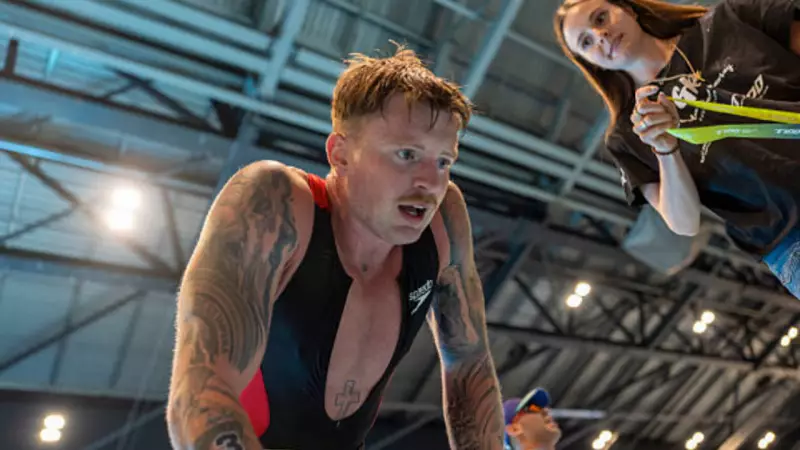
In a bold move that's shaking the foundations of competitive sports, double Olympic gold medalist Adam Peaty has announced a six-month hiatus from swimming to focus entirely on his mental health. The British swimming sensation, who dominated the 100m breaststroke in both Rio 2016 and Tokyo 2020, is stepping away from the pool at the peak of his career.
The Breaking Point: When Champions Choose to Pause
Peaty's decision comes after what he describes as a "rollercoaster of emotions" following his Tokyo Olympic success. The 28-year-old athlete openly shared his struggles with depression and alcohol, revealing that even Olympic glory couldn't shield him from mental health challenges that millions face worldwide.
"I'm tired, I'm not myself, and I'm not enjoying the sport as I have done for the last decade," Peaty stated in his heartfelt announcement, emphasizing that sometimes the bravest choice an athlete can make is to step back and heal.
The Growing Trend: Mental Health Takes Center Stage in Sports
Peaty isn't alone in this journey. The sports world is witnessing a significant shift as high-profile athletes increasingly prioritize mental wellness:
- Simone Biles withdrew from multiple events at the Tokyo Olympics citing mental health concerns
- Naomi Osaka took extended breaks from tennis to focus on her psychological well-being
- Ben Stokes stepped away from cricket indefinitely for mental health reasons
Why This Movement Matters Beyond the Podium
This emerging trend represents a fundamental change in how we perceive athletic success. For decades, the "win at all costs" mentality dominated sports culture, but today's athletes are rewriting the rulebook.
Sports psychologists applaud this shift, noting that mental health breaks can actually extend athletic careers and improve long-term performance. The stigma surrounding psychological struggles in hyper-competitive environments is gradually dissolving.
The Road Ahead: What Peaty's Break Means for Future Generations
Peaty's six-month sabbatical could become a blueprint for how sports organizations handle athlete well-being. Training schedules, competition calendars, and support systems may need reevaluation to accommodate the human behind the athlete.
As one of Britain's most decorated swimmers takes this courageous step, he's sending a powerful message to aspiring athletes everywhere: your mental health is more important than any medal.
The swimming world will undoubtedly miss Peaty's presence in upcoming competitions, but his legacy might ultimately be defined not just by gold medals, but by championing a more humane approach to elite sports.





